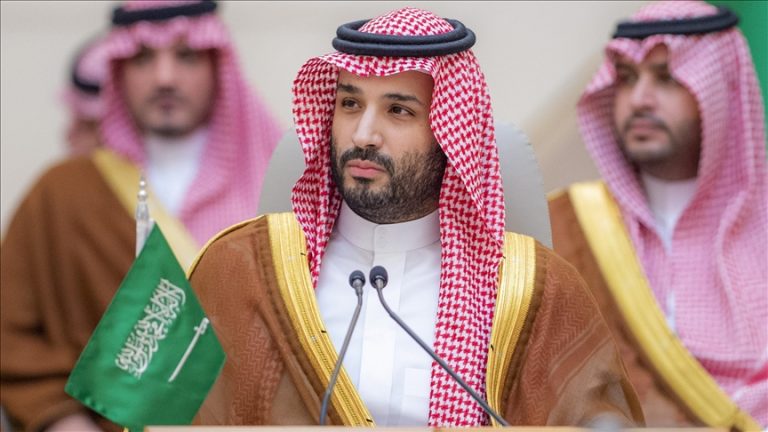
Saudi Arabia’s Energy Minister, Prince Abdulaziz bin Salman, has declared the kingdom’s strong opposition to a text proposing the phase-down of fossil fuels at the ongoing COP28 summit in Dubai.
This stance, taken against mounting pressure from Western climate advocates, has implications for Nigeria, Africa’s largest oil producer, which has been advised to adopt a similar position.
Bloomberg quoted Salman categorically saying in a TV interview in Riyadh, “Absolutely not,” when questioned about Saudi Arabia’s willingness to endorse language calling for a fossil fuel phase-down.
Register for Tekedia Mini-MBA edition 19 (Feb 9 – May 2, 2026): big discounts for early bird.
Tekedia AI in Business Masterclass opens registrations.
Join Tekedia Capital Syndicate and co-invest in great global startups.
Register for Tekedia AI Lab: From Technical Design to Deployment (next edition begins Jan 24 2026).
The demand for a phase-out or phase-down of fossil fuels is a pivotal requirement at COP28, with the US and EU leading the call. Agreement on the text must be unanimous, and negotiations are scheduled to continue until December 12, per Bloomberg.
Salman accused countries advocating for a fossil fuel phase-out of hypocrisy and challenged them to present an implementation plan, suggesting a starting date of January 1, 2024.
“I’m not naming names,” he said. “But those countries who really believe on phasing out and phasing down hydrocarbons, you should come out and put together a plan for how in starting 1st of January 2024.”
The Energy Minister did not indicate whether alternative formulations, such as limiting the shift to “unabated” fossil fuels or tying it to a just transition, would be acceptable to Saudi Arabia.
The call for Nigeria to align with Saudi Arabia’s position stems from the understanding that over 90% of the nation’s revenue comes from oil. Analysts argue that if the West desires Nigeria to halt oil and gas extraction, compensation should be provided.
“If the West wants Nigeria to shut down her oil and gas wells, they should pay Nigeria compensation,” Kalu Aja, a financial analyst said.
This perspective is reinforced by the fact that Africa contributes less than 10% to global emissions, underscoring the continent’s limited contribution to the climate crisis.
Nigerian President Bola Tinubu, during the COP28 Summit on Methane and Other Non-CO2 Greenhouse Gases in Dubai, pledged to end gas-flaring as part of Nigeria’s commitment to reducing methane emissions.
“We are committed to critical steps to reduce methane emissions by ensuring gas flaring is eliminated, There is a huge penalty for that. There is equally a huge incentive to do so,” Tinubu said.
However, this commitment has faced criticism domestically, with some questioning the prioritization of climate initiatives over pressing economic concerns.
“NOSDRA reports that in the Year 2022, Nigeria recorded 623 Oil spill incidents amounting to 45k barrels spilled, and gas flaring came in at 5.6 billion cubic meters valued at $685m,” energy expert, Kelvin Emmanuel said. “The hydrocarbon remediation fund is riddled with allegations of procurement fraud. But the entire Abuja is in Dubai talking about Climate Change. Which Climate is that?”
Emmanuel, who pointed at other issues such as electricity, which Nigeria generates barely 5,000MW, said tackling the influx of adulterated petroleum products is more important to Nigerians than eliminating methane.
“Before I will take anything the Nigerian Government says about climate change seriously, I want to see the President mandate NMDPRA and SON to ensure that all petrol imported into this country is tested at a lab for the standard sulphur and octane level,” he said.
Adding to the debate, a leaked video call surfaced featuring COP28 President Sultan Al Jaber stating that there was no scientific foundation supporting the necessity of a phase-down to achieve climate goals. While he argued for alternative approaches to reduce emissions, his comments faced condemnation from numerous climate campaigners.
Al Jaber is the head of Abu Dhabi National Oil Co., a company that produces over 3 million barrels per day.



